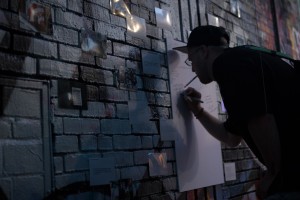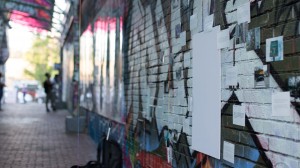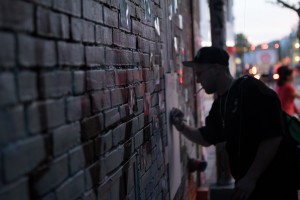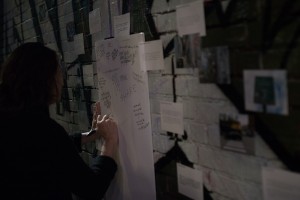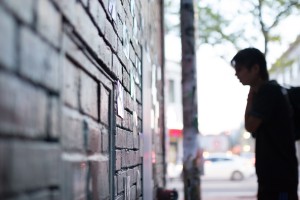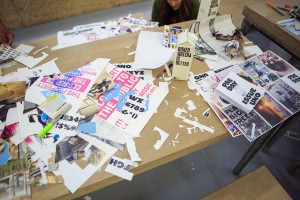I’ve been very overloaded between work, NuVu, several migraines and two allergic reactions so I designated time today to get this post from last week done.
I interviewed Carlos Espinoza-Toro from the Jamaica Plain Neighborhood Development Corporation (JPNDC). This is a link to my interview.
Carlos and I talked about the JPNDC’s work with small business-owners and their families.The JPNDC does a lot of work with businesses facing eviction. Many businesses facing eviction/displacement don’t have the information they need to fight back against exploitative landlords. The JPNDC is able to support local families’ businesses, which protects them and their community against interests that are trying to extract value from their land by kicking them out.
The JPNDC often acts as a connector, linking lawyers and community advocates (especially from groups like Harvard Legal Aid Bureau and City Life / Vida Urbana) with tenants or small family business-owners. This can level balance of power between landlords and residents, since landlords often begin with a greater understanding of the law. Even knowing that they are allowed to fight a displacement can be a significant improvement for residents or business-owners.
Carlos and I discussed the difference between the words gentrification and displacement as they relate to the people he works with. When people talk about gentrification, he said that they often focus on the new residents entering an area. He believes that it is important to consider the people that are pressured to leave an area as a result of economic, cultural and other changes that occur in tandem with new residents moving in. This concept, displacement, more directly refers to the people who have to leave.
Carlos talked about specific cases like a group of tenants whose landowner sent them a notice that their building had changed ownership and they were not sure of the significance of the document they were being asked to sign. This uncertainty was aggravated by the fact that the residents “didn’t speak English very well…they were afraid to sign it.” When they reached out to the JPNDC, they partnered with several other local organizations (like Egleston Square Main Streets, and City Life / Vida Urbana). The tenants didn’t have enough money (>$5,000) so Carlos applied for a mini-grant from the Massachusetts Growth Capital Corporation so that the tenants would be able to pay for legal representation from Gabriel Mendoza. This let them negotiate with the new landlords for support towards their relocation. Carlos considered this a “great model for helping tenants going through the exact same situation.”
I interviewed Carlos a second time on video, at the JPNDC. This interview will be included in a film that I’m making, along with interviews with a number of other activists, professors and people fighting displacement.
